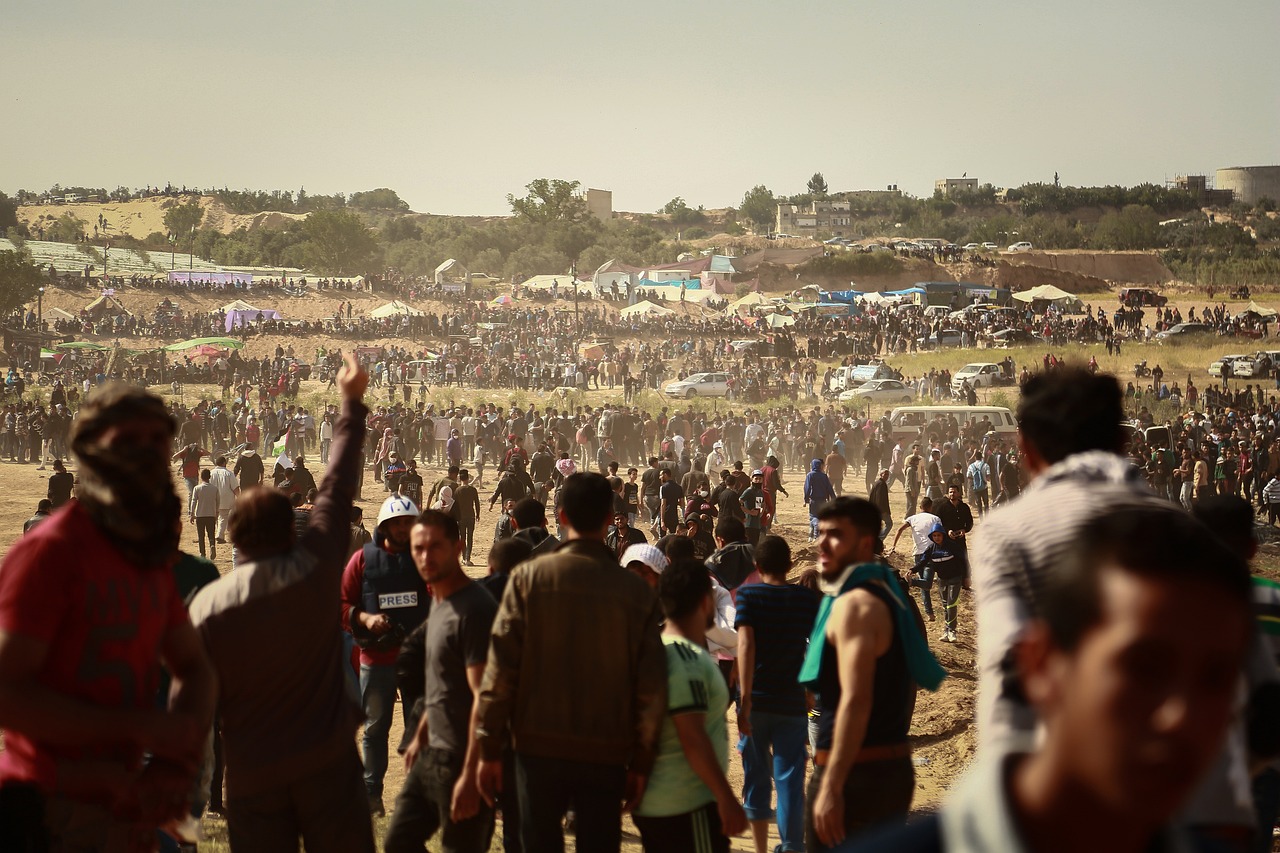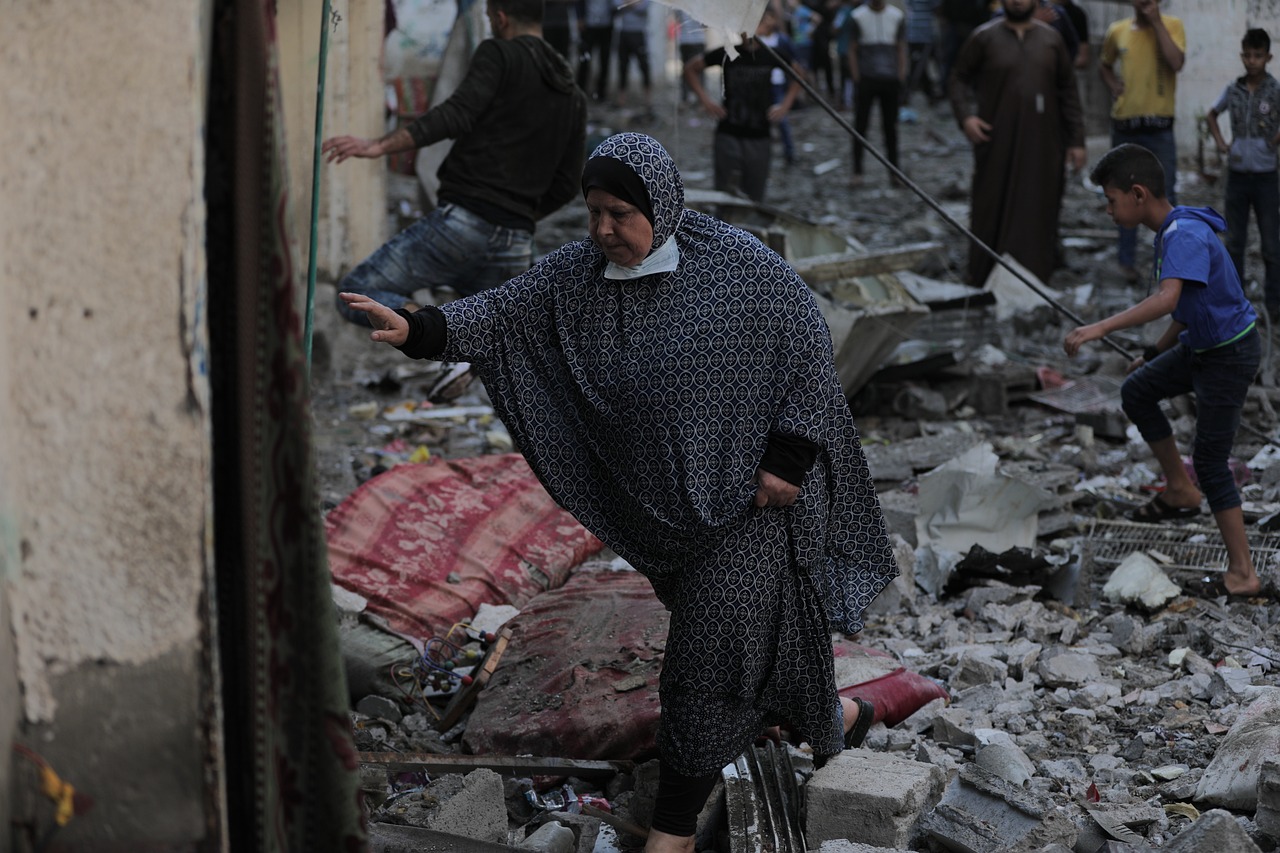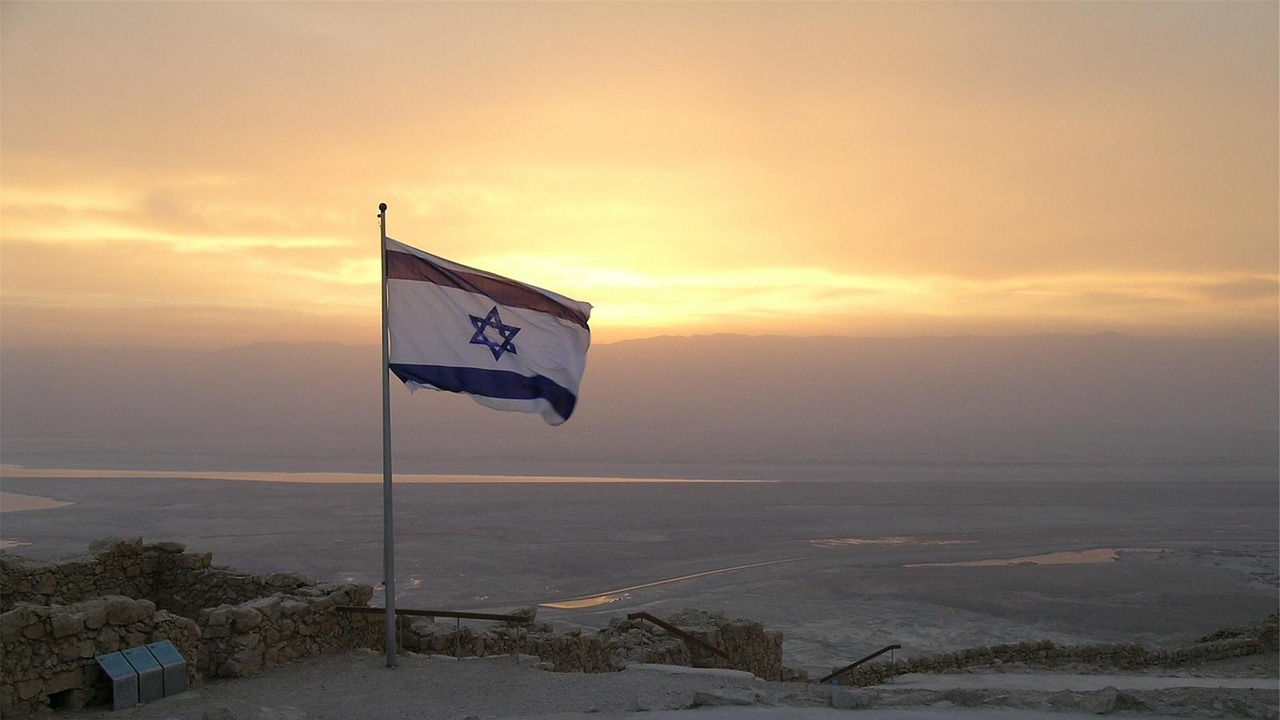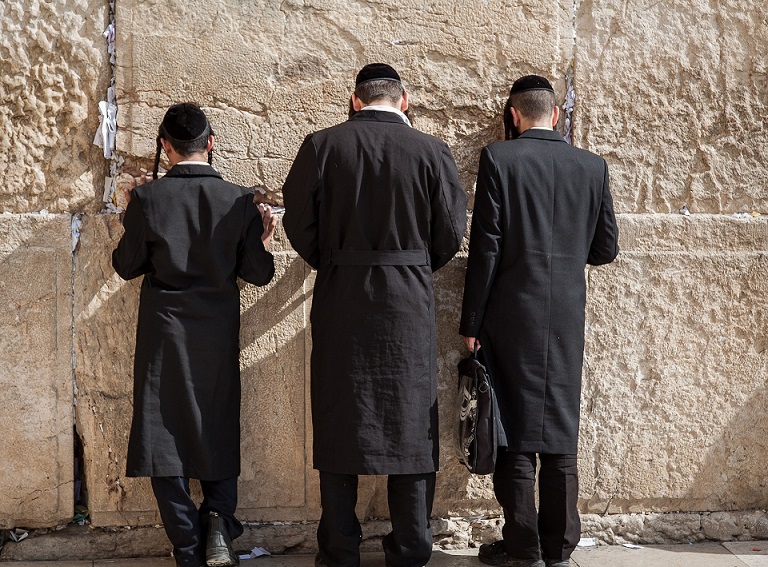The European Union’s proposal, seemingly supported by Washington, is not fundamentally different from a proposal approved in its day that was never implemented and failed.
 Juan Diego García
Juan Diego García
The said proposal failed because more than two states (Palestine and Israel), they were and have been until now a formula imposed by the Western powers which was simply the consolidation of the colonial project through which Europeans (particularly) intended to compensate the Jews for the persecution they were subjected to for centuries and which had its bloodiest moment in the holocaust. It is striking that to do it the Western powers sacrificed another people: the Palestinians. On the Old Continent nothing was done to compensate other minorities, victims of racism, such as the gypsies, literally exterminated in Germany in an even greater proportion than the Jews.
It also happened to other smaller ethnic groups, also considered people of an inferior nature and therefore deserving of extermination. An idea similar to the arguments of Zionism in relation to the Palestinians.
In any event, it seems very unlikely that the two-state solution has any real chance of succeeding, at least as far as Israel is concerned; it is vital that its sponsors intervene, especially the United States.
Without the help – in all respects – of Washington and Europe, Israel would find itself obliged to enter into some type of negotiation with the Palestinians. A new version of the original idea of two states – which was never fulfilled – would only serve to create a pause, a ceasefire, but the conflict’s central motives would remain in place until its dynamics ended in another war.
 What part of what is currently Israel would the Zionists be willing to give back to the Palestinians?
What part of what is currently Israel would the Zionists be willing to give back to the Palestinians?
What compensation would they give the millions of Palestinians who were violently expelled and who now try to survive in places like Lebanon, Egypt, Syria, Jordan and many others, without forgetting Europe itself and the United States?
What to do with the so-called “colonists” who occupy, in an openly illegal and violent manner, many territories in the West Bank, who systematically assault Palestinians to bring about their expulsion and are backed by the complicity of the Zionist government? If the Israeli authorities accepted a peace conference, sponsored by the Western powers and their allies among Arab countries (which are not exactly examples of democracy and are in so many ways as reactionary as Zionism), would the Palestinian state be a real entity in all respects and not the grotesque caricature of a state in the way that the West Bank and Gaza are now, in reality another form of Zionist colonialism?
It is necessary to begin, then, by identifying the direct protagonists of the proposed peace plan which would culminate in the creation of two states, Palestine and Israel.
It does not appear that the so-called Palestinian National Authority is in a position to adequately represent the population if Hamas is excluded along with other Muslim-inspired organisations (both on the right and the left).
 Israel’s strategy has been very successful, ensuring that the Palestinian National Authority lacks the representation that would legitimise it in a peace negotiation process; Israel has literally destroyed the Palestinian National Authority, fomenting the struggles between the different social groupings and Palestinian policies.
Israel’s strategy has been very successful, ensuring that the Palestinian National Authority lacks the representation that would legitimise it in a peace negotiation process; Israel has literally destroyed the Palestinian National Authority, fomenting the struggles between the different social groupings and Palestinian policies.
Would it be viable to ignore Hamas and other similar groups in such a peace process if in fact they are already comfortably in the majority in the Gaza Strip and seemingly have also garnered a large amount of support in the West Bank, among the very Palestinians who live in Israel, no less than in the rest of the Arab and Muslim world? The West would have to forget about considering these political groupings – and the social bases that support them – as “terrorists”, probably in the same way that in their day they stopped considering Nelson Mandela and Jomo Kenyatta as terrorists, or more directly Arafat himself.
They stopped considering them terrorists when the real correlation of forces meant they had to consider them as what they really were: patriots who were fighting for the independence of their peoples, sometimes using very violent methods, as violent as those used by the British and the South African racists and the Zionist state, and not very different from those used in its day by the Zionist movement when it was a clandestine organisation.
 Moreover, the most radical groups among the Palestinians – Hamas and their ilk – could moderate their positions accepting living alongside the Israelis in the two states if the proposal had sufficient bases and credibility.
Moreover, the most radical groups among the Palestinians – Hamas and their ilk – could moderate their positions accepting living alongside the Israelis in the two states if the proposal had sufficient bases and credibility.
Israel would have to offer much to achieve an agreement with solid foundations that opens the way not only to solutions for the most dramatic forms of the current situation but also allows progress towards real co-existence of both communities. And, why not, one that establishes a single state in which Jews, Muslims, Christians, non-believers and other smaller ethnic groups, equally discriminated against and persecuted at present, live together peacefully.
In Israel, it seems there is an increase in the percentage of the Jewish population that would accept this type of modern, democratic solution: non-religious Jews, no small number of the elderly people who survived the holocaust and watch with horror how Zionism repeats with the Palestinians acts similar to the ones the Third Reich carried out with them, and even a part of the orthodox Jews, who for religious reasons do not accept the state of Israel and already live peacefully alongside the Palestinians.
Israeli society is then far from identifying completely and unconditionally with Zionism, particularly with its most aggressive and criminal forms.
 It is a matter of time until the development of events reduces Zionism’s social and electoral influence – at least in its most extreme forms. The support of the Western powers is subject to substantial changes according to the global correlation of forces between traditional and emerging powers, China and Russia in particular.
It is a matter of time until the development of events reduces Zionism’s social and electoral influence – at least in its most extreme forms. The support of the Western powers is subject to substantial changes according to the global correlation of forces between traditional and emerging powers, China and Russia in particular.
The conflict affects them, without doubt; and in these cases it seems sensible not to forget that in relationships between nations there are no friends, only interests. Therefore the fate of Israel – at least in its current form – depends much less on its internal forces than on the global correlation. Israel was born and has maintained itself for 75 years thanks to the permanent support of those Western powers who always saw in Israel a military base in their competition first with the Soviet Union and now with Russia and China.
For the same reason, if at any point an Israel of extreme Zionism such as the present one does not suit the West, it has sufficient levers to press for substantial changes so that its two-state proposal becomes possible.
What is true is that a state like Israel is not exactly a source of tranquillity for the West nor a safe and tranquil home for Jewish families who for whatever reasons (religious or cultural) wish to live in Palestine, in the land that over two thousand years ago was the land of their most distant ancestors, in the same way it was of other people as semitic as them, including of course the many Arabs later assimilated into Islam or Christianity.
(Translated by Philip Walker – Email: philipwalkertranslation@gmail.com) – Photos: Pixabay












.jpg)












